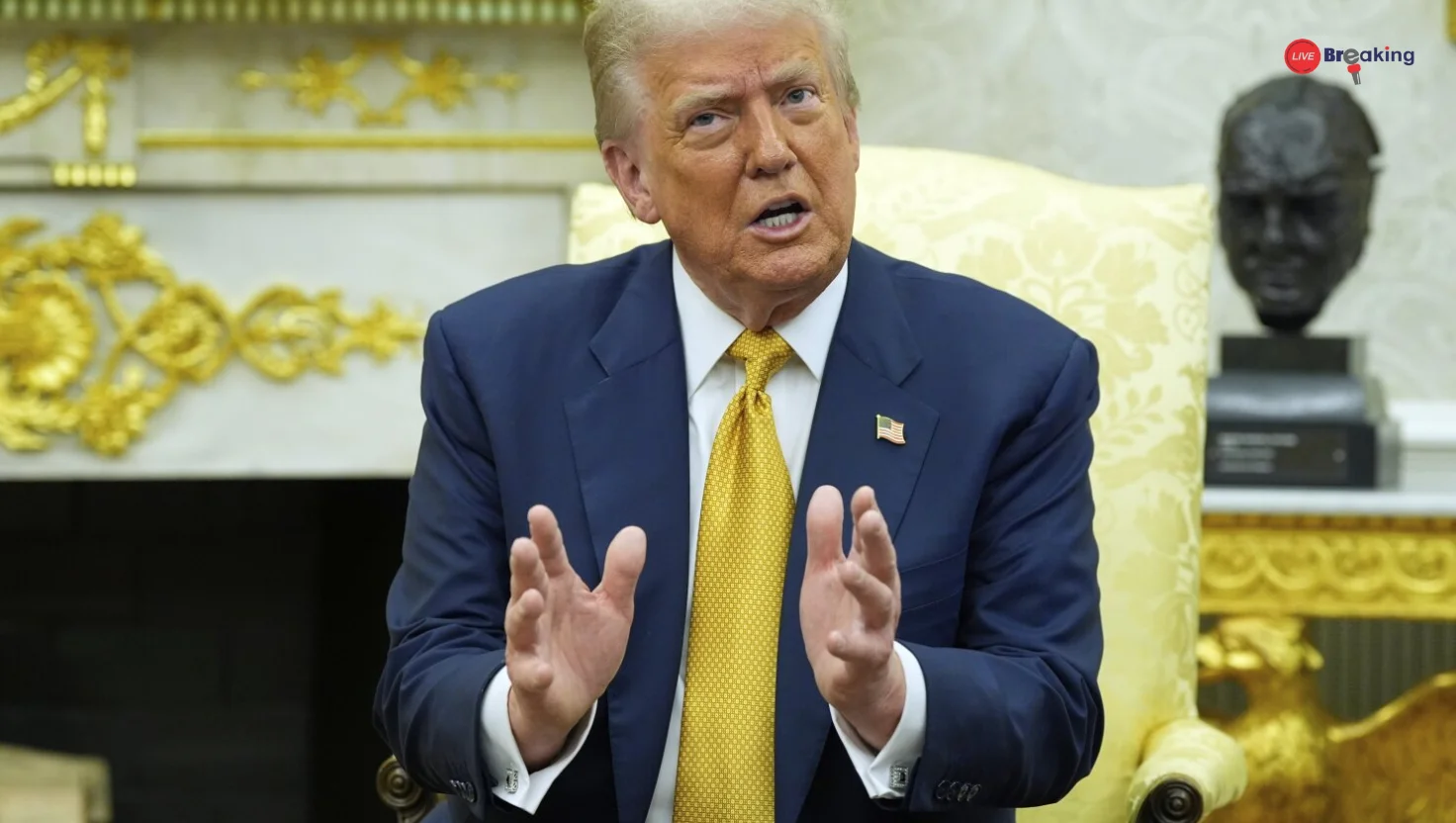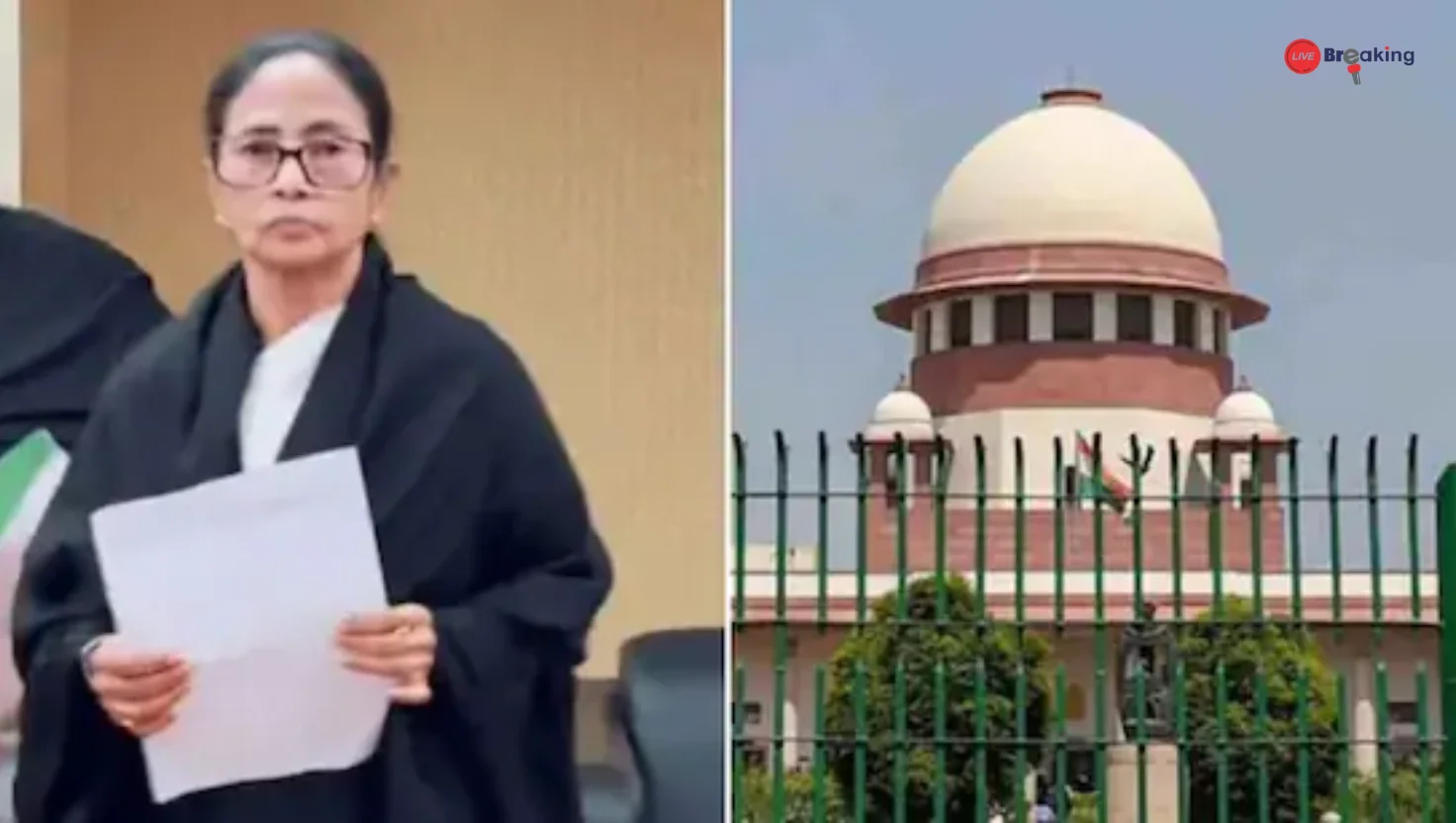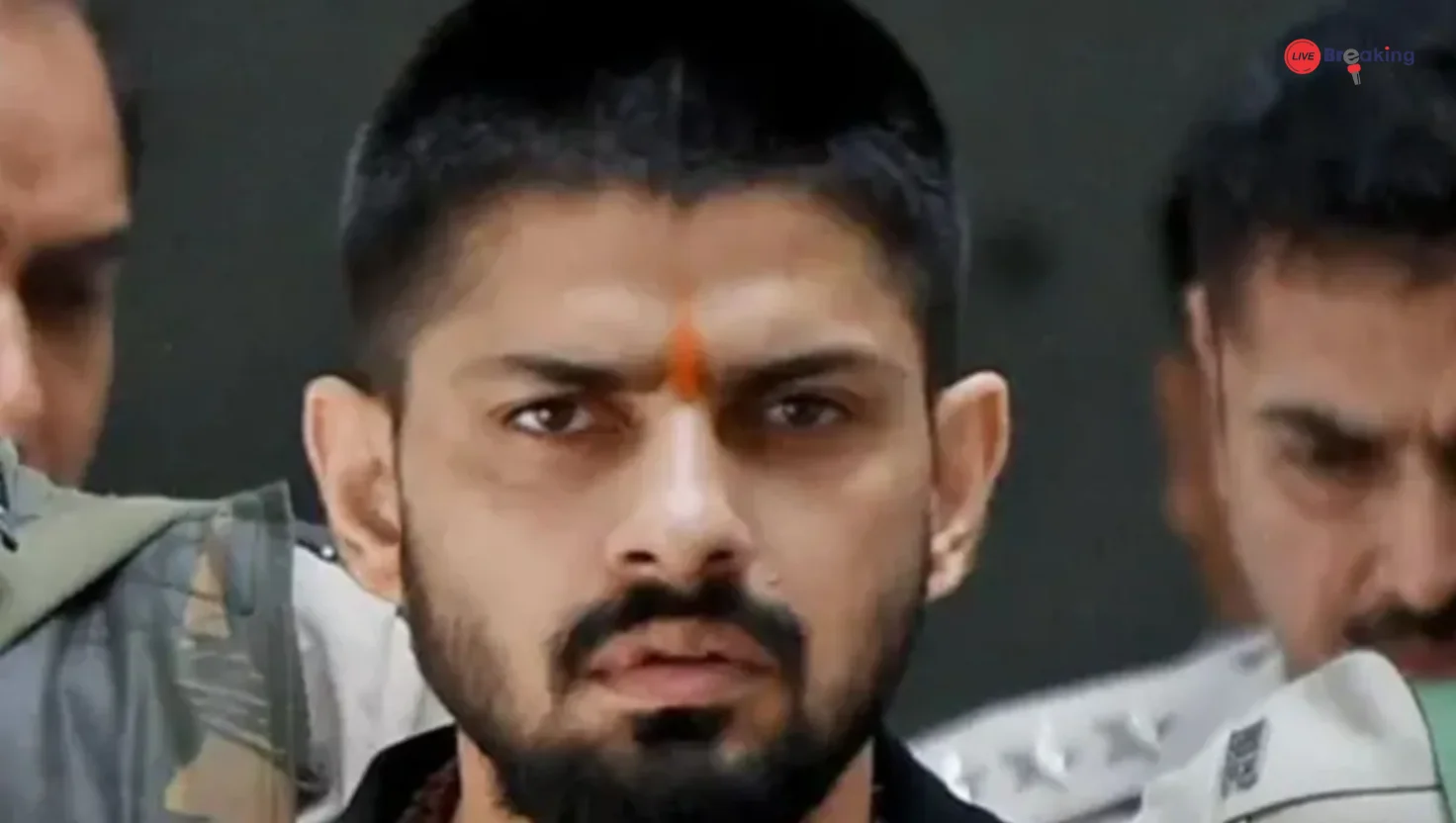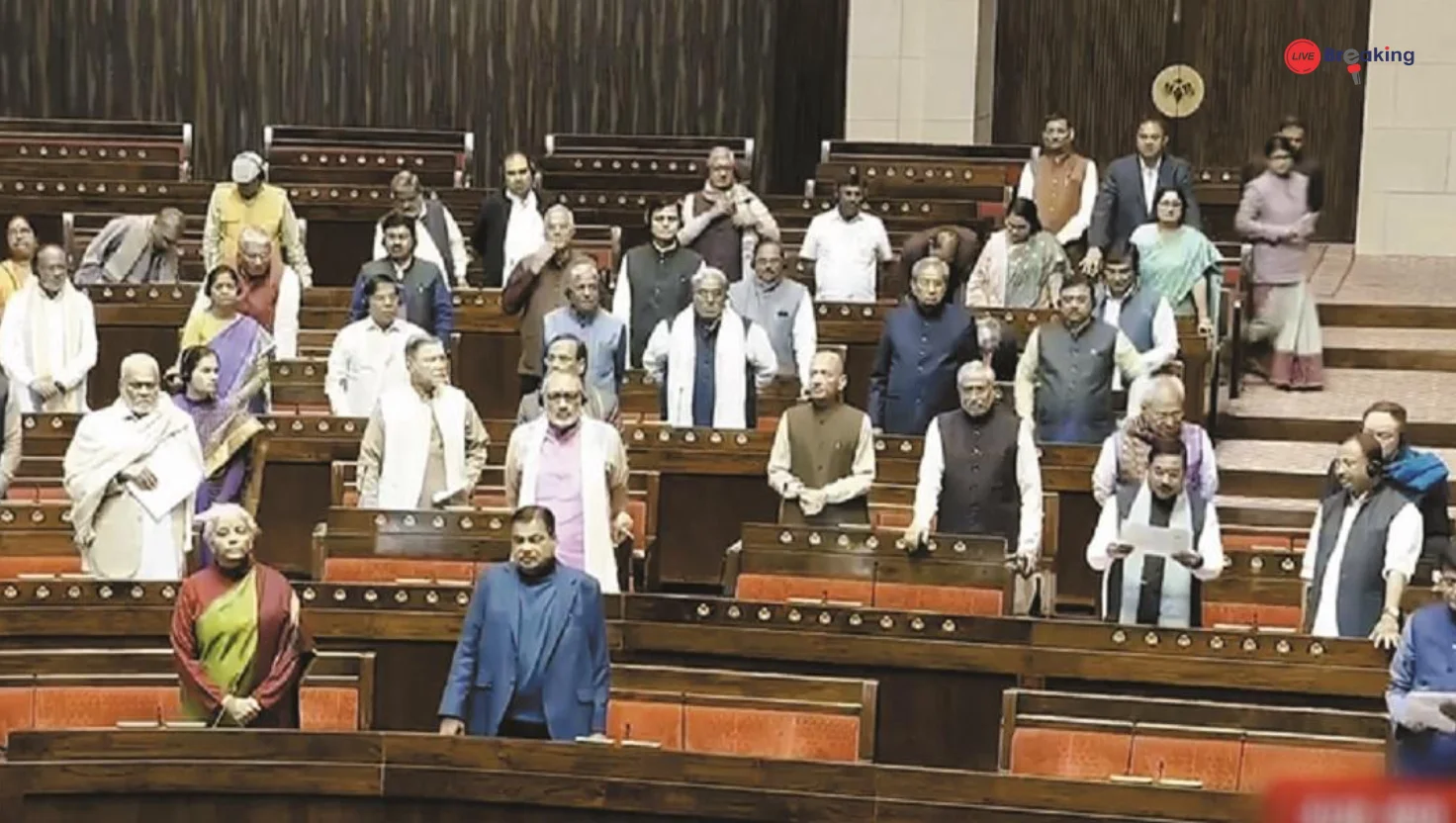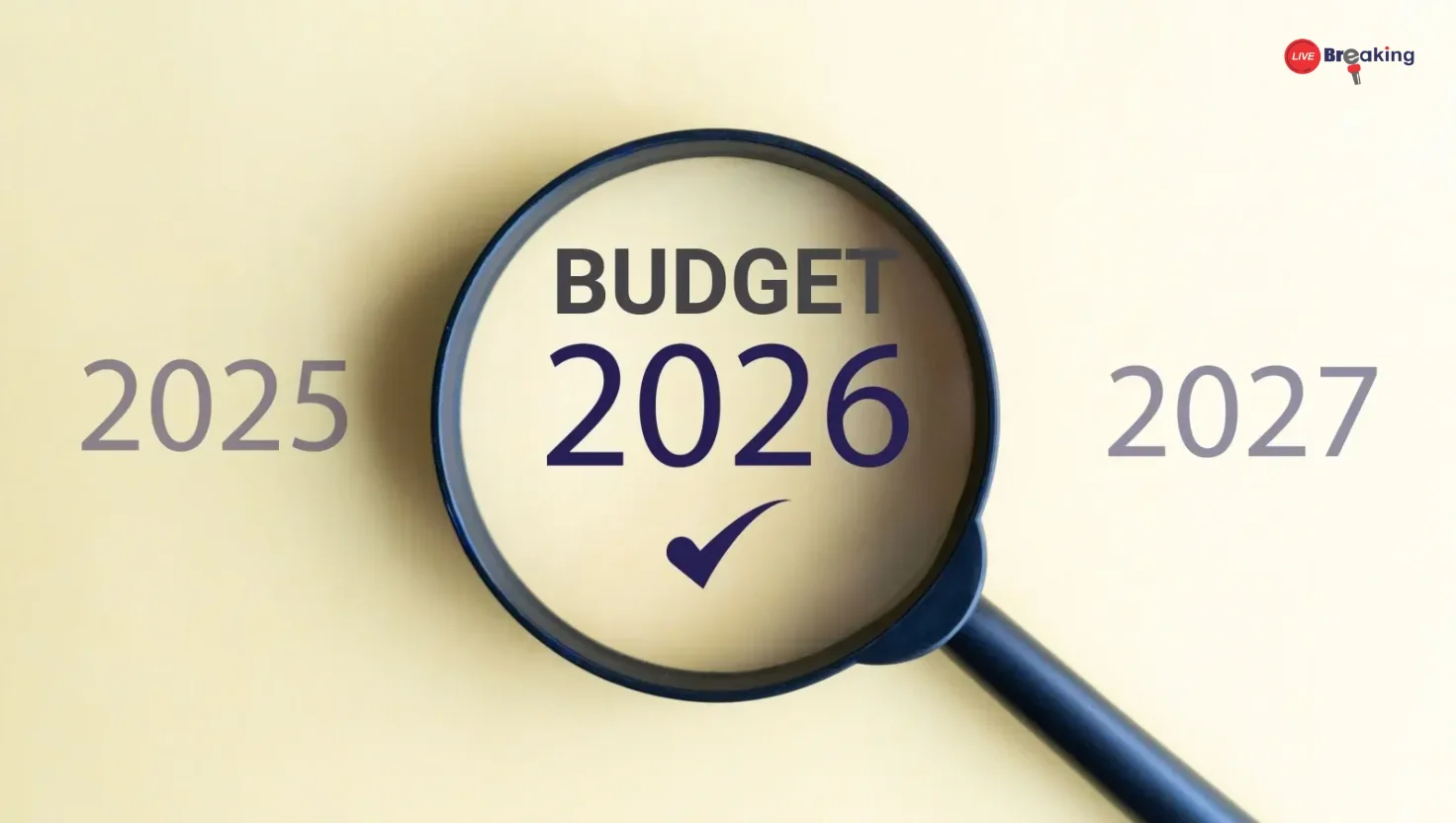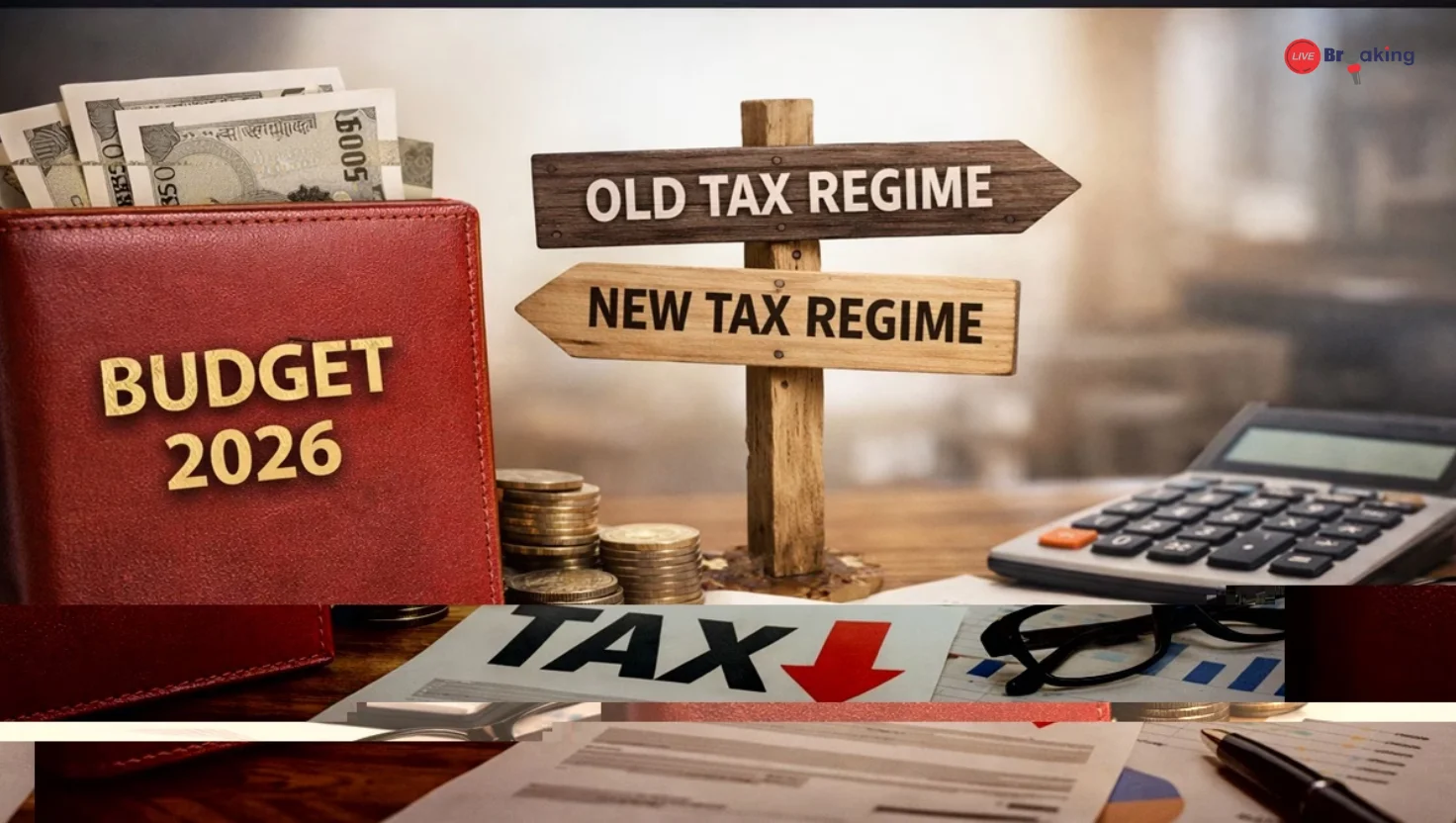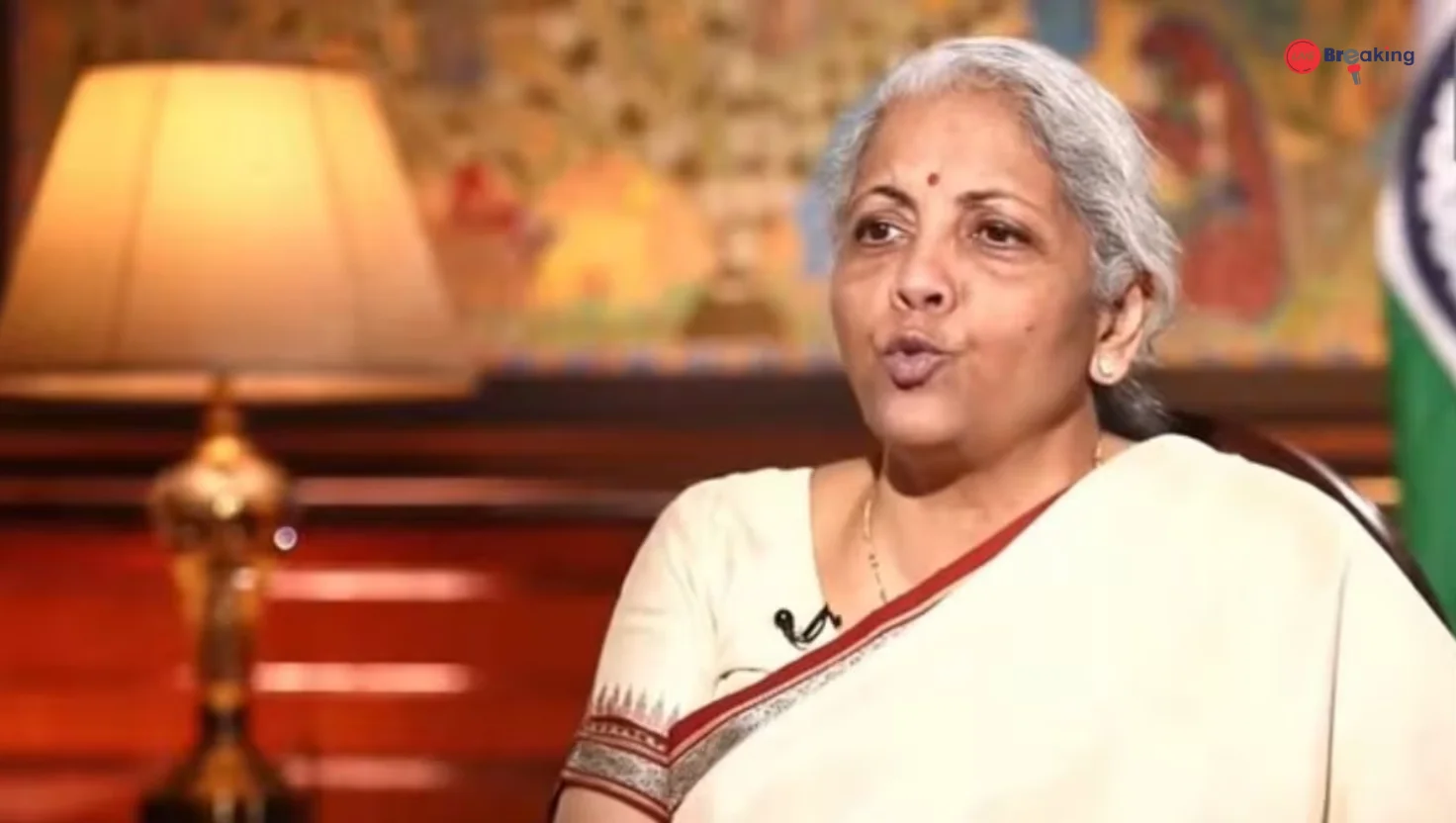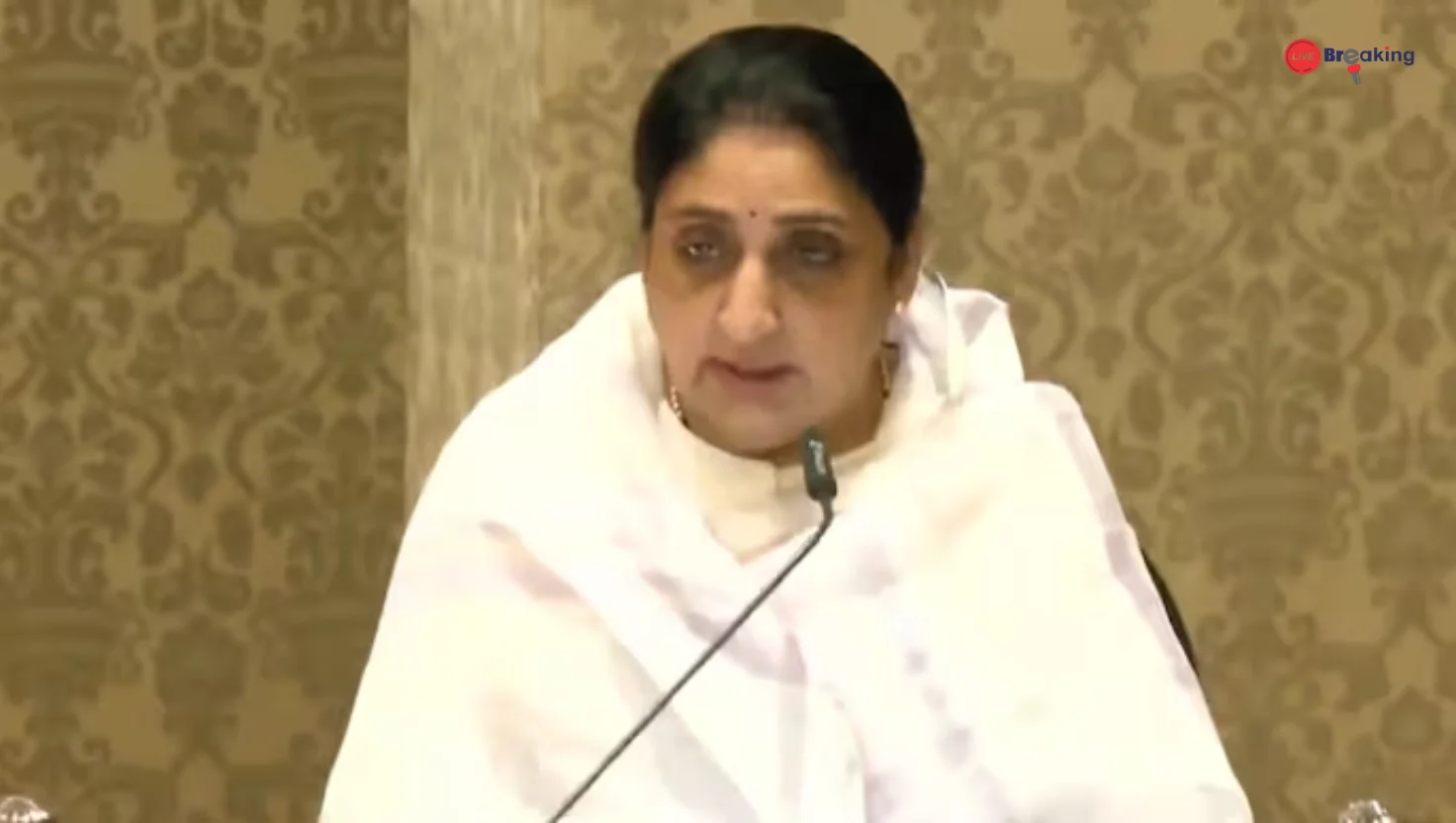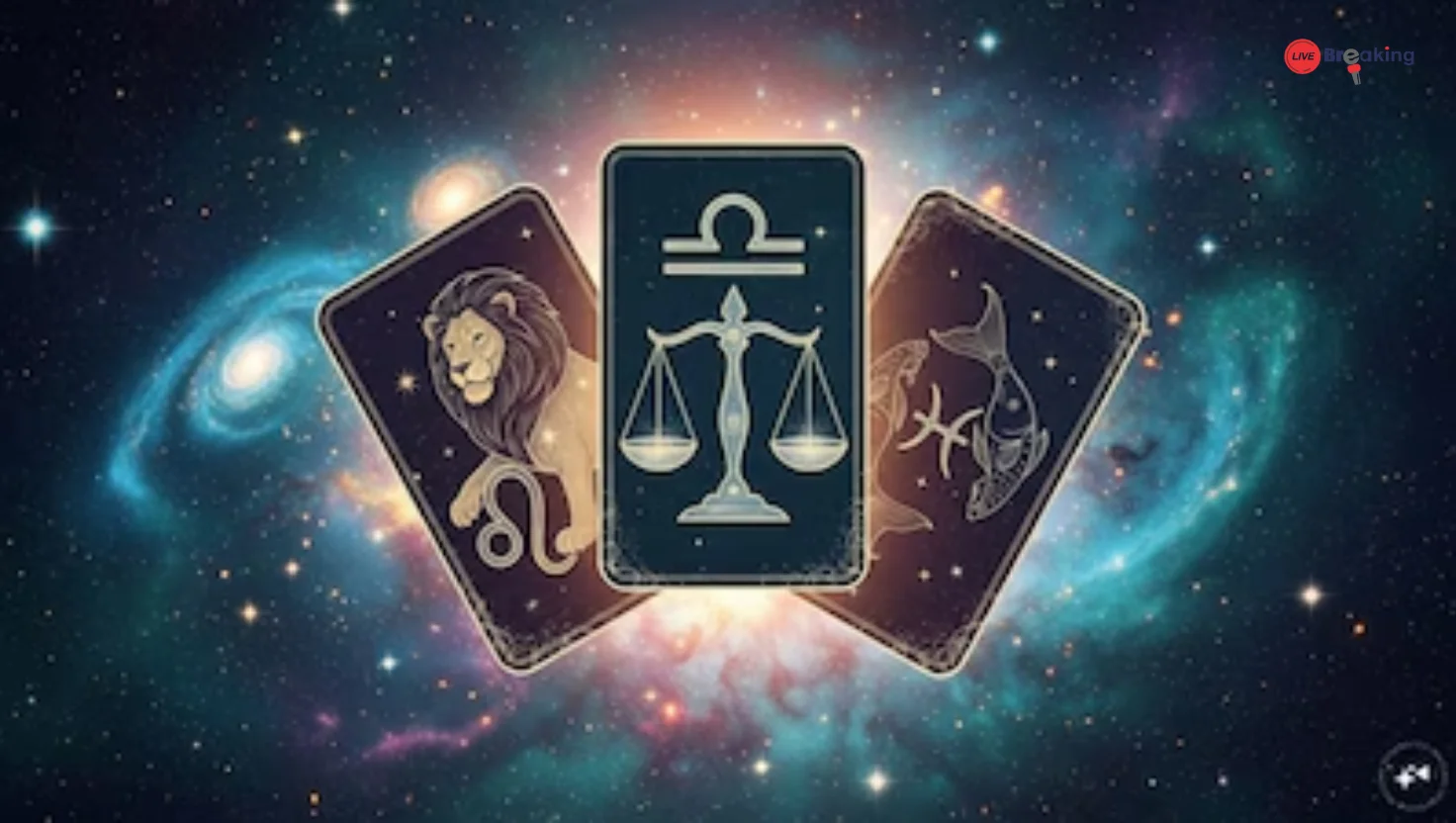Tulsi Gabbard Lauded by Trump, While Obama Conspiracy Resurfaces
In a controversial and headline-grabbing moment, former U.S. President Donald Trump stirred the political pot yet again by lavishing praise on former Democratic Congresswoman Tulsi Gabbard and reviving long-debunked conspiracy theories about Barack Obama during a recent public appearance.
Speaking at a campaign-style event, Trump singled out Gabbard, calling her the “hottest in the room,” drawing applause and laughter from parts of the crowd. While intended as a compliment, the remark has sparked debate online over its tone and appropriateness in a political setting. Gabbard, a former presidential candidate and frequent critic of the Democratic establishment, has increasingly aligned herself with right-leaning views, earning praise from conservative circles.
But Trump’s comments didn’t stop at flattery. He used the moment to revisit a baseless claim regarding former President Barack Obama’s citizenship — an allegation he famously championed during his first campaign that has been thoroughly discredited. Trump questioned Obama’s birthplace, suggesting, once again, that he was “born somewhere else,” despite Obama having released his Hawaiian birth certificate years ago to put the rumors to rest.
The resurfacing of this disproven theory has drawn sharp criticism from political analysts, Democrats, and fact-checkers alike. Many view the revival of the “birther” claim as a political dog whistle and an attempt to energize certain sections of his base ahead of the upcoming election cycle.
Read more: Positive Move’: India to Resume Tourist Visas for Chinese Nationals, Beijing Welcomes Step
Critics argue that Trump’s continued use of inflammatory rhetoric distracts from substantive political discussion and sows division. Supporters, however, saw his remarks as part of his unfiltered persona that challenges political norms.
Tulsi Gabbard has yet to issue a formal response to the comments.
As Trump remains a dominant force in Republican politics, such moments highlight the enduring unpredictability of his messaging — a mix of personal praise, political theater, and polarizing narratives that continue to shape America’s political discourse.

